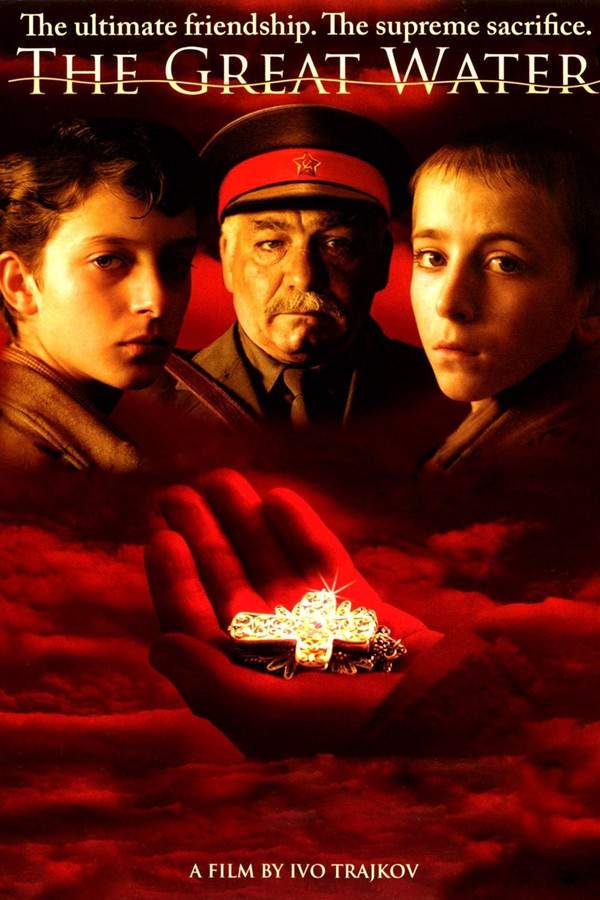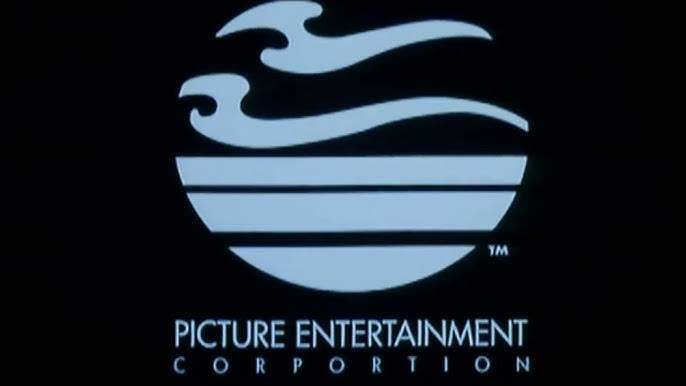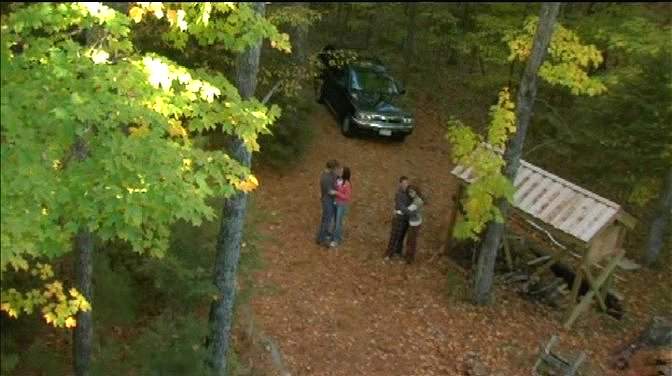The Great Water 2005

As an elderly war hero nears his end, deeply buried memories of his youth surface, revealing a poignant story of friendship and loss. Flashbacks transport viewers to his formative years, where the bonds of loyalty are tested by betrayal and the consequences of past actions linger. The film explores themes of resilience and the enduring impact of childhood experiences.
Does The Great Water have end credit scenes?
No!
The Great Water does not have end credit scenes. You can leave when the credits roll.
Meet the Full Cast and Actors of The Great Water
Explore the complete cast of The Great Water, including both lead and supporting actors. Learn who plays each character, discover their past roles and achievements, and find out what makes this ensemble cast stand out in the world of film and television.
No actors found
External Links and Streaming Options
Discover where to watch The Great Water online, including streaming platforms, rental options, and official sources. Compare reviews, ratings, and in-depth movie information across sites like TMDb, Wikipedia, Rotten Tomatoes or Metacritic.
Ratings and Reviews for The Great Water
See how The Great Water is rated across major platforms like IMDb, Metacritic, and TMDb. Compare audience scores and critic reviews to understand where The Great Water stands among top-rated movies in its genre.

62
Metascore
tbd
User Score


%
TOMATOMETER

0%
User Score

61
%
User Score
Take the Ultimate The Great Water Movie Quiz
Challenge your knowledge of The Great Water with this fun and interactive movie quiz. Test yourself on key plot points, iconic characters, hidden details, and memorable moments to see how well you really know the film.
The Great Water Quiz: Test your knowledge about the poignant themes and characters of 'The Great Water'.
Who is the main character of 'The Great Water'?
Meto Jovanovski
Isak
Živko Čingo
Stalin
Show hint
Full Plot Summary and Ending Explained for The Great Water
Read the complete plot summary of The Great Water, including all major events, twists, and the full ending explained in detail. Explore key characters, themes, hidden meanings, and everything you need to understand the story from beginning to end.
Inspired by Živko Čingo’s cherished children’s book from the 1970s, this emotional film explores the tumultuous aftermath of the war in Macedonia. The story opens in contemporary times, where Meto Jovanovski (Meto Jovanovski), a seasoned politician grappling with a critical heart condition, is taken to the hospital for urgent medical care. As he begins to recover, Jovanovski’s mind drifts to his childhood during the year 1945, a period rife with uncertainty and change.
As these vivid memories come flooding back, we find ourselves in an orphanage where children are being shaped into loyal supporters of the nascent regime. Jovanovski reflects on the challenges he endured as a boy, forced to conform to a society that prioritized obedience over individuality. In the midst of this stark environment, he forms an unexpected friendship with Isak, a charming and radiant child who ignites a flicker of hope amid the somber backdrop.
As the tale progresses, underlying tensions begin to surface, highlighting the stark contrast between the Communist regime’s harsh dismissal of faith and the profound human need for spiritual connection. The narrative grapples with the complex legacies left by leaders like Stalin and Tito, alongside the difficult adjustment to a new political order intent on erasing national pride. Ultimately, it poignantly depicts the tragic metamorphosis of children into mere instruments of the state, robbed of their unique identities and the innocent pleasures of childhood camaraderie.
Uncover the Details: Timeline, Characters, Themes, and Beyond!

Coming soon on iOS and Android
The Plot Explained Mobile App
From blockbusters to hidden gems — dive into movie stories anytime, anywhere. Save your favorites, discover plots faster, and never miss a twist again.
Sign up to be the first to know when we launch. Your email stays private — always.
Watch Trailers, Clips & Behind-the-Scenes for The Great Water
Watch official trailers, exclusive clips, cast interviews, and behind-the-scenes footage from The Great Water. Dive deeper into the making of the film, its standout moments, and key production insights.
Cars Featured in The Great Water
Explore all cars featured in The Great Water, including their makes, models, scenes they appear in, and their significance to the plot. A must-read for car enthusiasts and movie buffs alike.
The Great Water Other Names and Titles
Explore the various alternative titles, translations, and other names used for The Great Water across different regions and languages. Understand how the film is marketed and recognized worldwide.
Quick Links: Summary, Cast, Ratings, More

What's After the Movie?
Not sure whether to stay after the credits? Find out!
Explore Our Movie Platform
New Movie Releases (2025)
Famous Movie Actors
Top Film Production Studios
Movie Plot Summaries & Endings
Major Movie Awards & Winners
Best Concert Films & Music Documentaries
Movie Collections and Curated Lists
© 2025 What's After the Movie. All rights reserved.

















